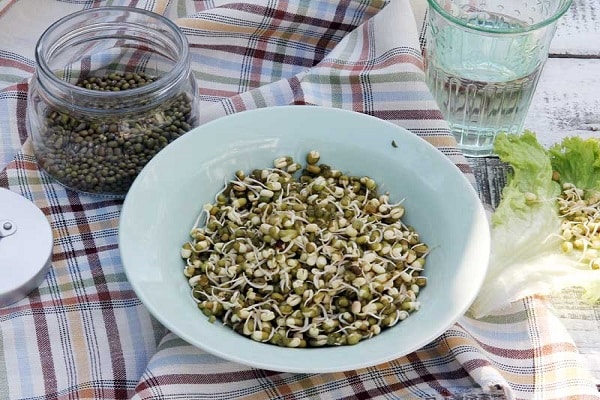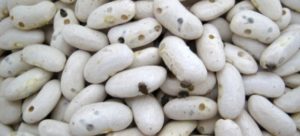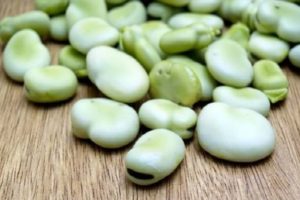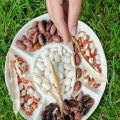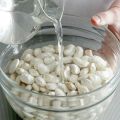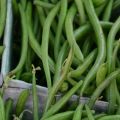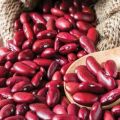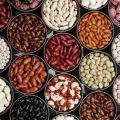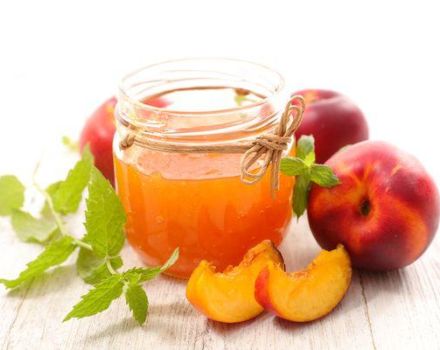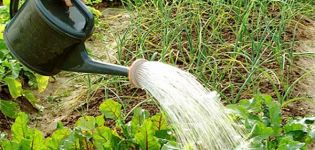What are the benefits and harms of sprouted beans for the human body
Hearing that bean sprouts are eaten, many are surprised. Few people know that this product brings invaluable benefits to the body.. Sprouted beans are one of the main ingredients in raw foodists and healthy people. Consider why sprouted beans are so useful and what are the contraindications to its use.
How to sprout beans
Before describing the methods of germination, it is worth noting that not all varieties of legumes are suitable for this. So, for example, red or white beans should not be sprouting, as this can lead to severe poisoning. The best varieties for raw consumption are the angular Azuki beans and Indian beans Mash... In fact, these are the only legumes that can be germinated. The sprouts of these varieties are spicy and sweet in taste.
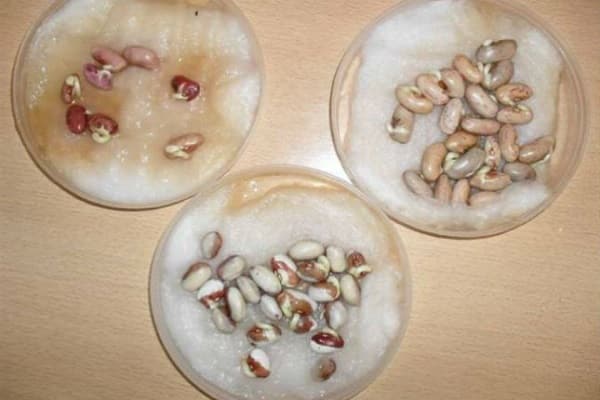
To germinate the beans, take any container that is on the farm. It can be a plate, glass, bowl. You can also buy a seed sprout at the specialist store. This is a handy piece of equipment, but by no means mandatory.
The only thing that raw foodists recommend to buy for sprouting beans at home is a sprouter - a universal system designed not only for automatic irrigation of sprouts, but also to maintain optimal humidity and temperature conditions. With such equipment, sprouting beans requires almost no effort. It is only necessary to change the water once a day.

If the sprouter is not available, you can sprout beans manually. In order for the sprouts to have a pleasant taste and fresh aroma, it is necessary to build the correct structure. For this you need:
- Take two containers - one with a deep bottom, the other with holes to remove excess water.
- A sieve is suitable as a second container. Its bottom is lined with gauze, placed in a deep container and filled with Indian bean seeds.
- Then the mung bean is poured with water and left for a couple of hours in a dark and warm place.
- Water the beans every 3 hours. After 10 hours, the beans are washed and the excess water is drained off.
- The washed mung bean is left to germinate. It is important that this process is not accompanied by sunlight. Germinate beans only in a dark place.
The first shoots appear in a day. They can be eaten immediately, although some raw foodists prefer to leave the beans for a few more days before consuming them.

Note! Sprouts that germinate for more than a day must be washed and dried. Otherwise, they will lose all useful components.
Immediately before using the sprouts, they are peeled and washed again. Only fresh sprouts are eaten. This product is not recommended for refrigeration or freezing.
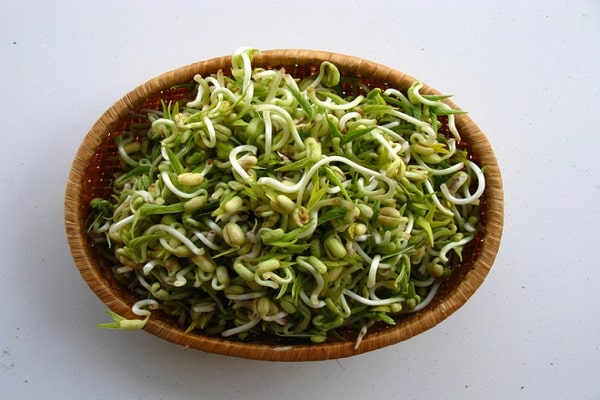
What beans contain - chemical composition, vitamins and trace elements
Sprouted beans are low in calories. There are only 30 kcal per 100 grams of the product. Sprouted beans contain:
- fats;
- proteins;
- carbohydrates.
100 grams of the product contains the daily dose of these ingredients.
Also, sprouted beans in large quantities contain B vitamins, vitamin C. Of the mineral components, the composition contains:
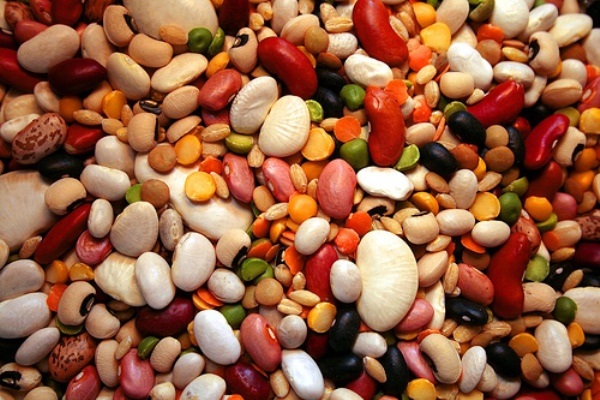
- magnesium;
- calcium;
- phosphorus;
- iron;
- zinc;
- sodium;
- copper;
- manganese and many other healthy trace minerals.
The composition of the product is so versatile that the body will receive all the substances necessary for life, even if a person feeds on only one sprouts.
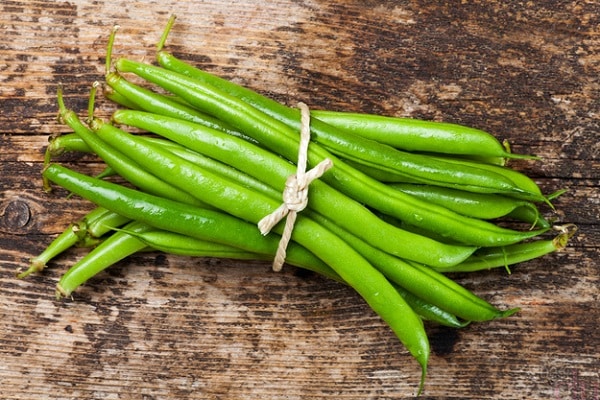
Where use
Bean sprouts are widely used in cooking. Most often they are added to fresh vegetable salads. It should be noted that nowadays it has become fashionable to prepare dishes that use sprouted beans. First of all, this is due to the fact that more and more people prefer a healthy lifestyle.
Many will be surprised, but sprouted beans are also used in various baked goods. Delicious sauces and first courses are prepared from them. The nutritional value of the product allows you to use it not only as one of the ingredients for a dish, but also as a side dish for meat or fish.
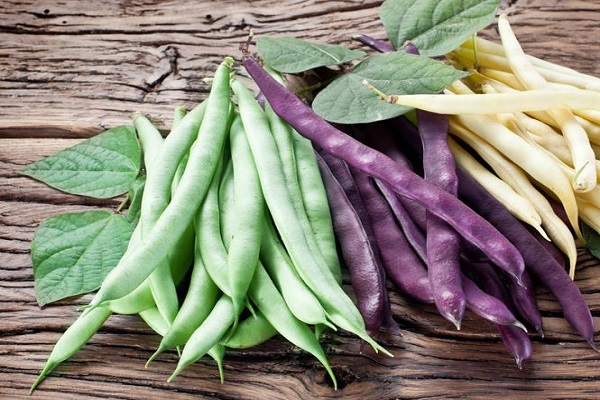
Also, sprouts are popular in traditional medicine. They are used with particular enthusiasm in Asian countries. Sprouts less than 3 cm long are used in the following conditions:
- obesity;
- hypertension;
- decreased immunity;
- atherosclerosis;
- heart diseases;
- diabetes.
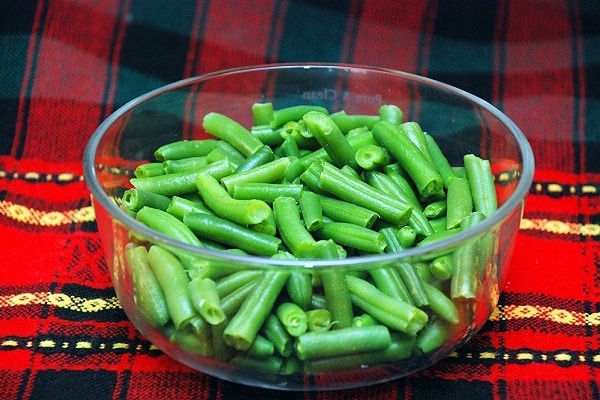
In addition, sprouts are known for their anti-aging and anti-cancer effects. Regular consumption of sprouted beans will prolong youth and reduce the likelihood of cancer.
Whole complexes of medical nutrition are very popular now. Special diets involve combining sprouted beans with buckwheat, wheat, oat sprouts, berries and medicinal herbal decoctions.
Before use, the sprouts are carefully sorted out. Rotten and tainted parts must be thrown away. Only juicy and crunchy parts of plants are used for food.
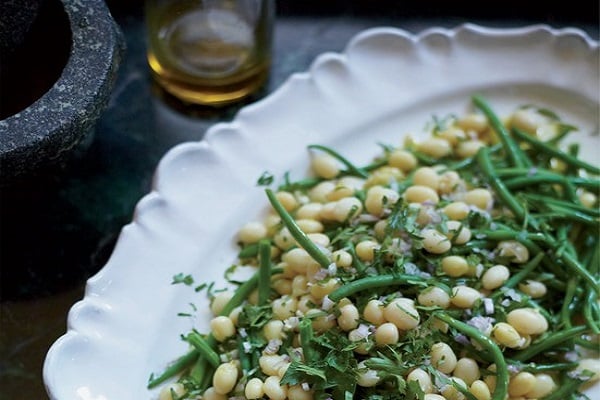
Beneficial features
Sprouted beans contain more micronutrients than regular beans. They are very nutritious and dietary at the same time. This is why this product is often referred to as "live food". In order to clearly understand the beneficial properties of seedlings, consider what benefits they bring to the body:
- normalize the work of the nervous system (produce a calming effect on the body);
- make up for the lack of vitamins, as a result of which the aging process slows down in the body;
- cleanse the intestines from toxins and toxins;
- improve heart function;
- have antimicrobial effect, which significantly reduces the likelihood of colds;
- normalize metabolism.
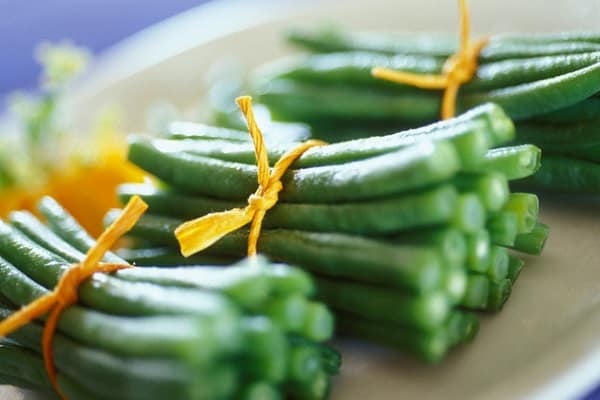
Also, the benefit of bean sprouts is that they are low in calories. Thus, they are included in the diet for weight loss. These beans are known for their diuretic and antimicrobial effects. Sometimes it can replace pharmaceutical drugs.
Sprouted beans have the unique ability to lower blood sugar levels. Therefore, it is strongly recommended to use it for patients with diabetes mellitus.
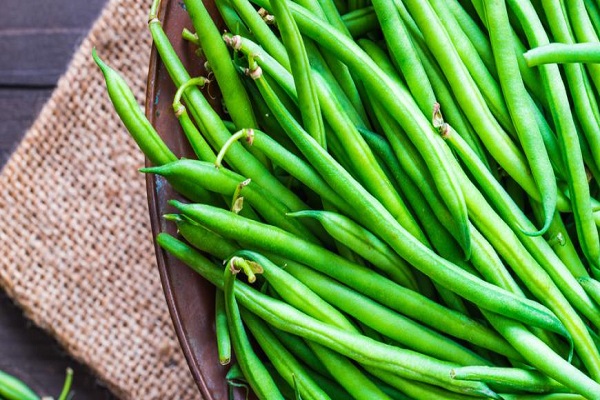
Sprouted beans - benefits and harms
Sprouts have been considered the richest food since ancient times.These plants are rich in enzymes, their regular consumption improves the functioning of almost all organs and systems. But the usefulness of sprouted mung bean does not end there either. It is used for weight loss and rejuvenation. Women who feed on legume sprouts look significantly younger than their age.
Improves not only the condition of the skin, but also hair, nails, teeth.
If you compare regular beans with sprouts, then the latter contains three times more vitamin E and five times more vitamins B and C. Approximately 50 grams of sprouts replace six glasses of natural orange juice.
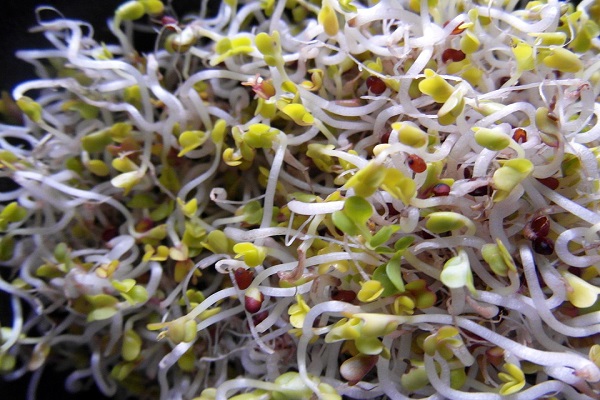
Sprouted beans can be combined with all foods. In this regard, it has no restrictions. Especially useful is the parallel use of berries, vegetables, fruits.
It is extremely beneficial to combine sprouted beans with wheat and oat sprouts. In addition, legume sprouts are used externally, for lotions and compresses. This allows you to remove puffiness and swelling from the site of the lesion. Also, sprouts are used for rheumatism, arthritis, gout. The product is added to skin care products. Anti-aging face masks are especially popular. Thus, sprouted beans have the following effects:
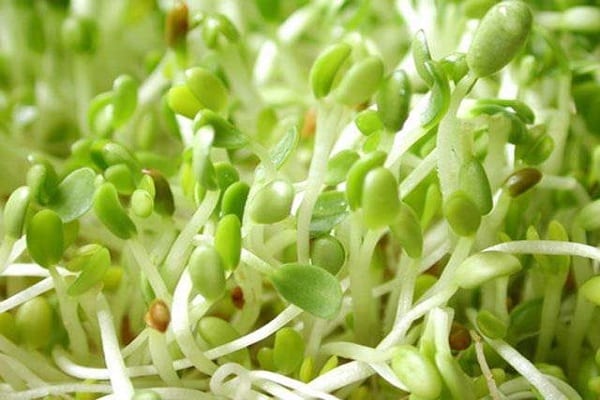
- antibacterial;
- wound healing;
- anti-inflammatory;
- tonic;
- anti-aging;
- anti-cancer.
But, no matter how useful the product is, it is worth observing the measure. Its consumption in large quantities causes flatulence, a decrease in blood pressure, diarrhea and colic.
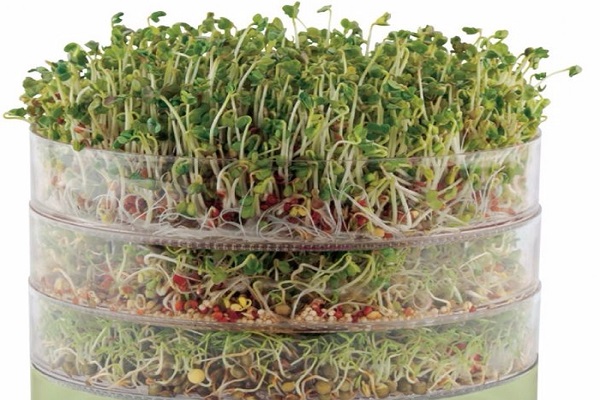
Contraindications
It is not recommended to use sprouted beans for people with individual intolerance to the components of their composition. Also, caution is necessary for chronic diseases of the gastrointestinal tract in the acute stage.
Since there is a possibility of intolerance to sprouts, care must be taken when first eating. Initially, a small amount of sprouts are added to the food, after which the reaction of the body is monitored. If an allergic reaction occurs, use should be discontinued. If there are no negative reactions, then the number of seedlings is increased when added to food. But you should not abuse it, in fact, like other products.
